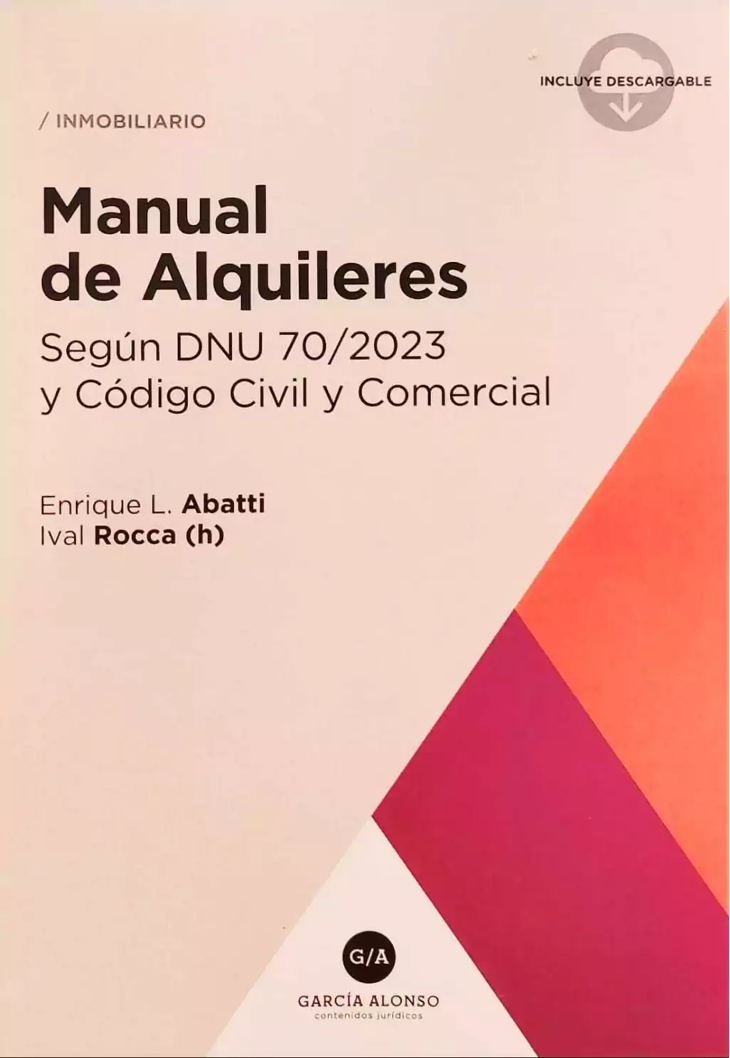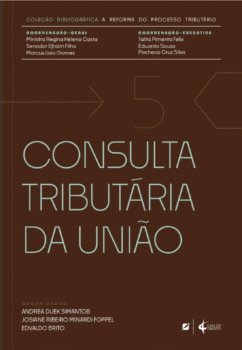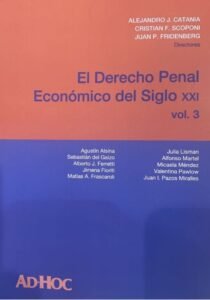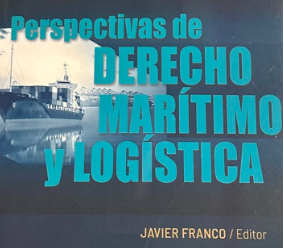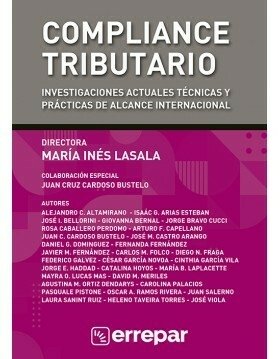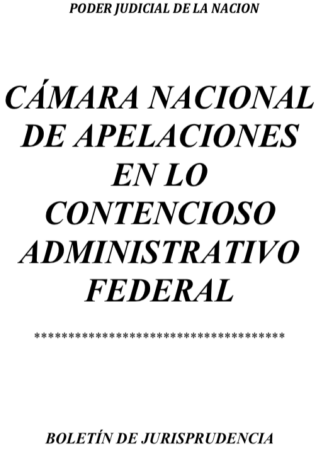Azevêdo dice que el comercio debe ocupar un lugar central en la Agenda para el Desarrollo después de 2015
El 24 de julio, el Director General Roberto Azevêdo dijo al Consejo General que ha estado apoyando activamente que el comercio ocupe un lugar central en la Agenda para el Desarrollo después de 2015, que está siendo examinada en la Naciones Unidas. Explicó que entre los objetivos propuestos figuraba un aumento significativo de las exportaciones de los países en desarrollo y, más concretamente, lograr que para 2020 se haya duplicado la parte de las exportaciones mundiales correspondiente a los países menos adelantados. Añadió que en el marco del Foro Público de la OMC que tendrá lugar en octubre se dedicará un día entero al análisis del comercio en África.
Thank you Mr Chairman.
I believe it is important that Members are aware of what’s happening on the Post-2015 Development Agenda as it relates to trade. That’s why I asked for this item to be included on our agenda today.
Development, as we all know, has always been central to the WTO. The Marrakesh Agreement establishing the WTO makes explicit reference to the need to “raise living standards” and the need to do so in “accordance with the objective of sustainable development”.
And of course this linkage was made even more integral with the launch of the Doha Development Round.
Trade-led economic growth has contributed significantly to the success of some of the key Millennium Development Goals over the last decade.
Now work on the Post-2015 Development Agenda, and within it a new set of Sustainable Development Goals, is entering its final phase.
It has been taking place mostly in New York, through a multi-layered process set up by Secretary General Ban Ki-moon.
I have been actively engaged in this process, as has the WTO Secretariat.
I believe any development agenda which is people-focused and forward-looking must have a strong emphasis on the economic aspects of human development. And therefore trade must also be central.
I have suggested on previous occasions four key principles on the role that trade should play.
First, it should not be reduced simply to trade liberalization. Rather, trade should be recognised more broadly as a development policy instrument;
Second, the WTO and its rules governing global trade have proven their worth in the context of the Millennium Development Goals — both as a building block for economic growth and as a buttress to trade protectionism, especially at the height of the crisis.
In this regard, the WTO and its rules should continue to play this role for the post-2015 development agenda through to 2030;
Third, I think we should recognise that the Bali Package and the DDA work programme can support the delivery of the new Sustainable Development Goals.
For example, our work in support of Aid for Trade and the Enhanced Integrated Framework for LDCs is important here — as is our work with donors on the WTO Trade Facilitation Agreement Facility. This will support other areas of work across the post-2015 agenda;
And fourth, the Sustainable Development Goals should promote policy coherence at the global level.
Sustainable development is a core objective of the WTO, enshrined in our founding Agreement. And, equally, the multilateral trading system should be referenced in the emerging framework of the Post-2015 Development Agenda. Failure to place more emphasis on the role of trade as an enabler for achieving these broader goals would be a real set-back for policy coherence.
These are the messages that I have conveyed in my discussions with Secretary General Ban Ki-moon. I have also used other platforms to stress these points, such as UNCTAD’s 2nd Public Dialogue on the Post-2015 Development Agenda, which was held here in Geneva in April.
I am pleased that some of these messages have begun to resonate, including in the Open Working Group in New York.
As you may know, the Open Working Group adopted a proposal for Sustainable Development Goals on Saturday. This text will now be forwarded to the UN General Assembly and will be the basis for the incorporation of Sustainable Development Goals into the post-2015 development agenda.
Trade is reflected in the adopted text on Sustainable Development Goals under Goal 17, which is to strengthen both the implementation of the goals and the global partnership for sustainable development.
This goal — which is yet to be finalised — currently contains a trade section with 3 targets, as follows:
- The promotion of a universal, rules-based, open, non-discriminatory and equitable multilateral trading system under the WTO, including through the conclusion of the DDA;
- A significant increase in the exports of developing countries, including doubling the LDC share of global exports by 2020; and
- The timely implementation of duty-free-quota-free market access on a lasting basis for all LDCs, consistent with WTO decisions, including through preferential rules of origin that are transparent and simple.
However, these are not the only trade-related targets. There are other goals that contain targets on WTO issues. These include:
- correcting and preventing trade restrictions and distortions in world agricultural markets, including through the elimination of all forms of agricultural export subsidies,
- increasing Aid for Trade including through the EIF,
- implementing the S&D treatment principle for developing countries in particular the LDCs,
- prohibiting certain forms of fisheries subsidies which contribute to overcapacity and overfishing,
- and reaffirming the right of developing countries to fully use TRIPS flexibilities to protect public health and provide access to medicines.
Overall I think this is encouraging — and demonstrates progress in the debate. But I would argue that trade is still not as prominent as it should be — particularly under goal 8, which deals with economic growth. Trade is a fundamental element of economic growth and development.
So I think we have more to do.
I hope members will agree that if the post-2015 agenda is to be truly transformative and capable of responding to the growing demands and expectations associated with it, then trade and the multilateral trading system must play their full role.
The recently adopted proposal on Sustainable Development Goals is a welcome step in this direction, and I would encourage you to continue engaging constructively with your missions in New York in the coming months.
I believe trade has played a central role in lifting millions of people out of poverty in recent decades and in supporting the global endeavour to meet the Millennium Development Goals.
What’s important now is to ensure that this is recognised so that trade can continue to play a similar role in the future, and in the most effective way possible.
And I think it is worth stressing here that it is not just the negotiating function of the WTO which can make a substantial contribution to realizing sustainable development overall. Our monitoring and transparency functions will also have an important part to play.
In the context of the global development agenda, let me draw your attention to some other important development processes that are currently underway and which relate to the WTO.
These include:
- the Third International Conference on Small Island Developing States which will take place in Samoa in September
- and the Second UN Conference on Landlocked Developing Countries which will take place in Vienna in November.
Meanwhile, the WTO is also collaborating with the UN on monitoring the implementation of the Istanbul Programme of Action for LDCs.
I think it is very important for the WTO to continue to engage in all these global development initiatives and processes.
The WTO Public Forum in October will provide an excellent opportunity to focus on these issues. As you may know, the theme of the Forum is “Why Trade Matters to Everyone”.
The aim is to draw out the linkages between trade and economic growth; between economic growth and development; and between development and poverty alleviation — and therefore to show the difference that our work can make to people’s lives.
We will be dedicating a full day of the Public Forum to analysing Trade in Africa and how it can help African countries’ efforts towards increased economic growth and poverty alleviation. Overall, more than 20 sessions will be dedicated to Africa.
So there is a lot of work ahead of us. I am sure a clearer picture of the interface between trade and the Sustainable Development Goals will emerge in the next few months.
I will be following this very closely, and I hope all of you will too.
Thank you
Fuente: OMC








